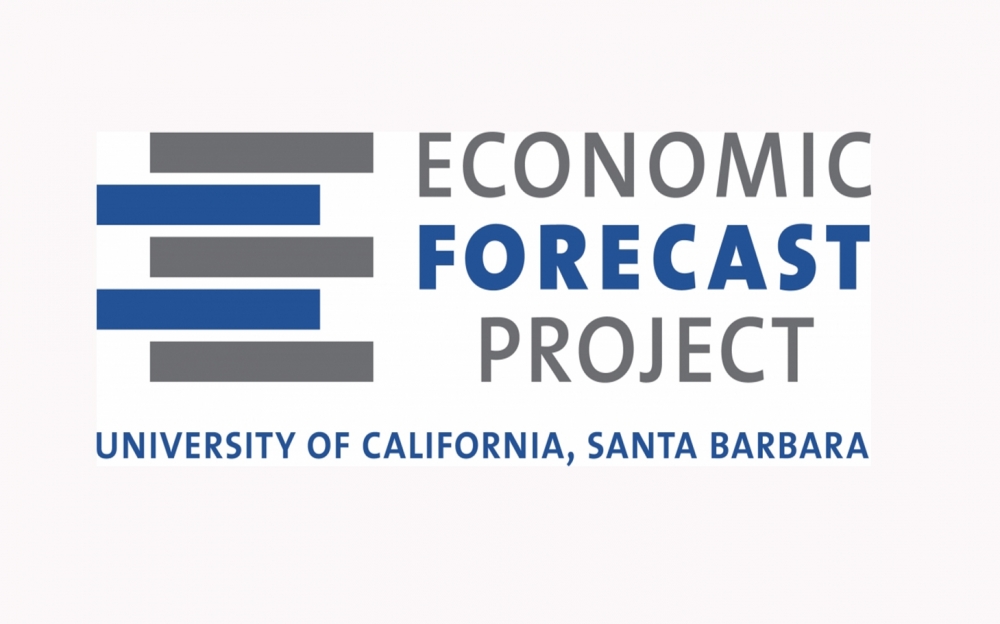
Ripple Effects
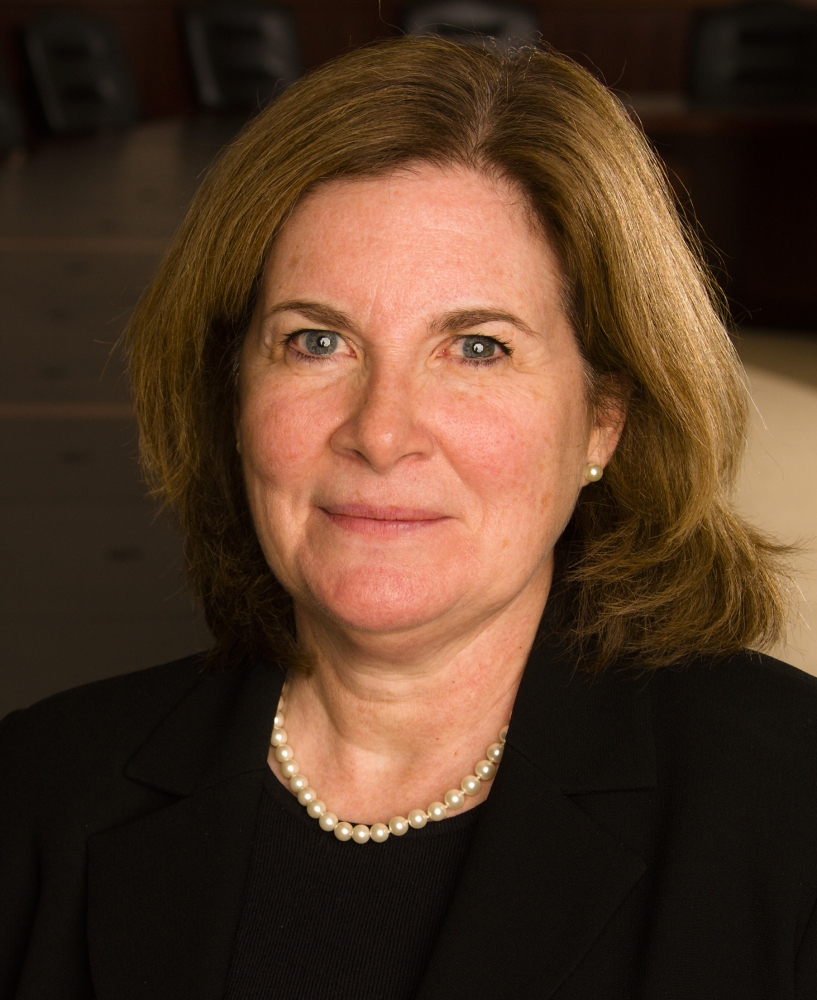
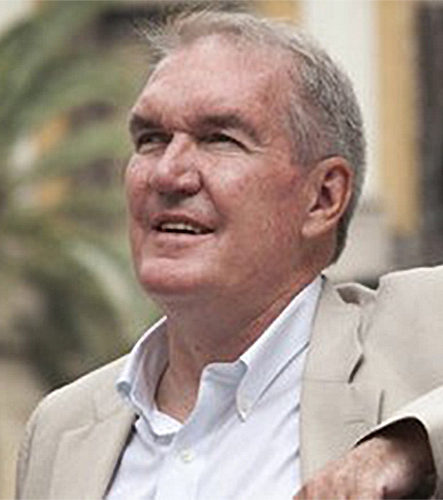
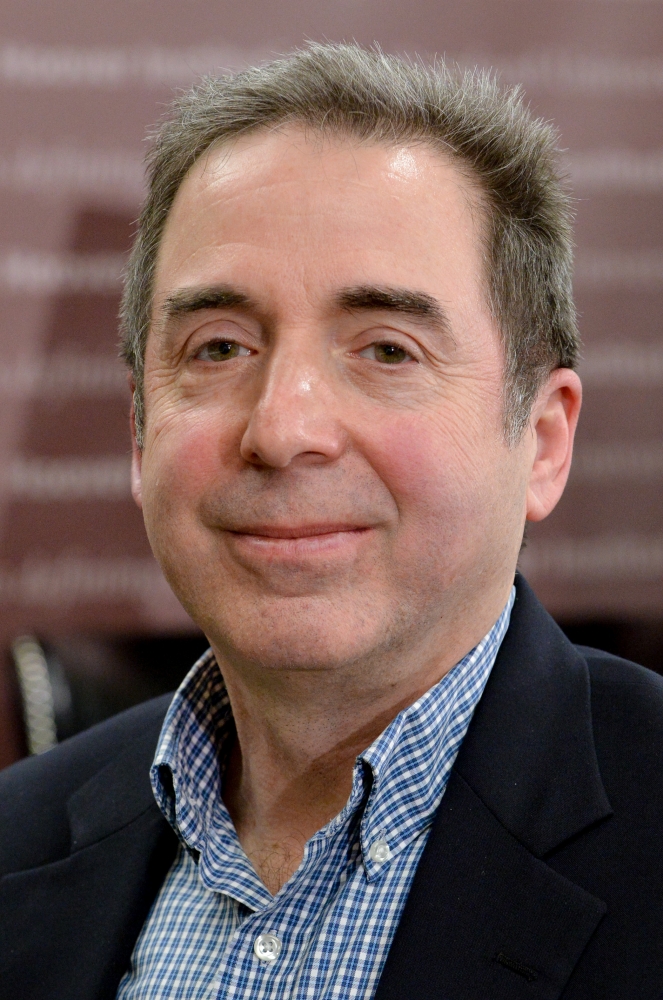
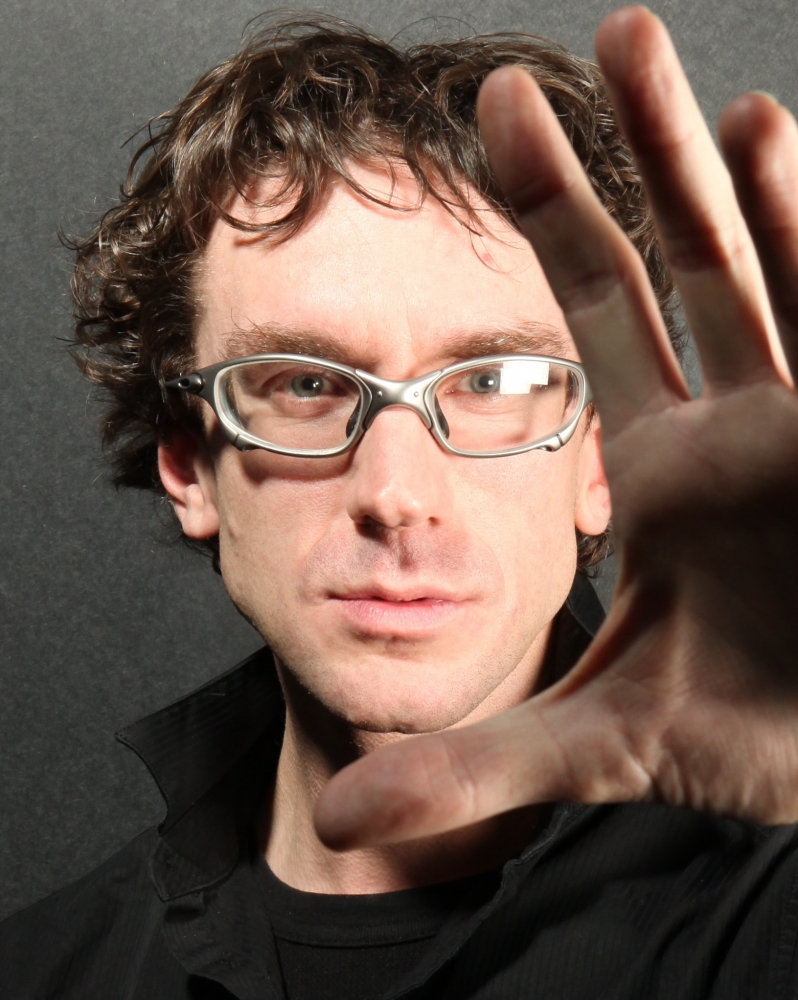
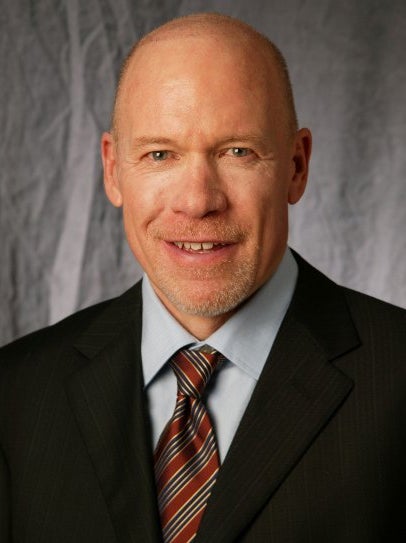
Beyond the numbers, charts, graphs and predictions expected in any in-depth examination of economics lie the long-term impacts of economic decisions on societies, emerging problems and potential solutions. This year, in addition to the staple discussions of local and regional trends and market behavior, the UC Santa Barbara Economic Forecast Project’s 36th Annual Economic South County Summit takes a global view of those effects, looking at monetary policy and international trade and their impacts on people, at home and abroad.
The half-day event takes place Tuesday, May 9, at the Granada Theatre in downtown Santa Barbara. It will kick off with a 7:30 a.m. breakfast reception on the 1200 block of State Street, directly in front of the theater.
At 8:30 a.m., EFP board chair Karen Chackel opens the summit with an introduction, followed by a tribute to the late Michael Towbes, a giant in the local business community known for his development projects and philanthropy.
Starting at 8:40 a.m., the guest speakers will be front and center. Each will present their wide-angle view of the economy in light of recent developments, such as the new presidential administration, and with anticipation toward upcoming events, such as the anticipated North America Free Trade Agreement (NAFTA) talks later this summer.
Federal Reserve President Esther George will kick off the presentations with her take on the U.S. economy, as the Fed’s monetary policy continues to return to normal in the distant wake of the 2007 economic recession. George has been the president and chief executive officer of the Federal Reserve Bank of Kansas City since 2011. She is a member of the Federal Open Market Committee, which has authority over U.S. monetary policy.
Economics professor Tim Kehoe follows George with his presentation, “The Impacts of NAFTA and Global Trade.” A member of the faculty at the University of Minnesota, Kehoe specializes in macroeconomics and international economics. He also is a researcher at the Federal Reserve Bank of Minneapolis. Kehoe has advised the Spanish government on the impact of joining the European Community in 1986, the Mexican government on the impact of joining NAFTA in 1994 and the Panamanian government on the impact of unilateral foreign trade and investment reforms in 1998.
Veteran Economic Summit speaker Russ Roberts then makes economics a little more human-scale with his presentation, “The Human Side of International Trade.” The John and Jean De Nault Research Fellow at Stanford University’s Hoover Institution, Roberts hosts the award-winning weekly podcast “EconTalk,” and has written several books on economics. Roberts also has produced two widely popular and educational YouTube rap battle videos pitting the ideas of legendary economists John Maynard Keynes and F.A. Hayek against each other.
This year’s keynote speech comes from the future, or, more specifically, from Pablos Holman, a futurist, inventor and notorious hacker — the kind who breaks the system in order to expose its weak points, and its potential. Holman, who does much of his work at think tank Intellectual Ventures Laboratory, will discuss the growing role of invention and innovation in solving some of the world’s biggest problems.
At 9:50 a.m., UCSB Chancellor Henry T. Yang ushers in the next segment of the summit, led by UCSB’s Peter Rupert, who will present the annual report on the state of local and regional economic health and activity. Rupert is the executive director of the Economic Forecast Project and associate director of the campus’s Laboratory for Aggregate Economics and Finance with Nobel Laureate Finn Kydland. Rupert served as senior research advisor for the Federal Reserve Bank of Cleveland for 13 years.
Following his talk, Rupert will moderate a panel discussion with Kehoe, Roberts, Holman and Troy Davig, senior vice president and director of research at the Federal Reserve Bank of Kansas City. Davig serves as the Bank’s economic policy advisor and provides executive oversight for its research division. His research focuses on monetary and fiscal policy, and he also has published work on inflation, labor markets and banking issues.
Closing remarks will follow at 11:05 a.m. and the event will conclude.
The UCSB Economic Forecast Project was established in 1981 by the Department of Economics at UCSB to provide the community with information on economic, demographic and regional business trends. Top sponsors for this year’s event include founding sponsor Union Bank and platinum sponsor Montecito Bank & Trust.
The summit is open to the public; admission is $200 per person. Cost for UCSB students is $25. For tickets and information, visit artsandlectures.ucsb.edu; or call the Arts & Lectures box office at (805) 893-3535. For event information, call (805) 893-5148.



